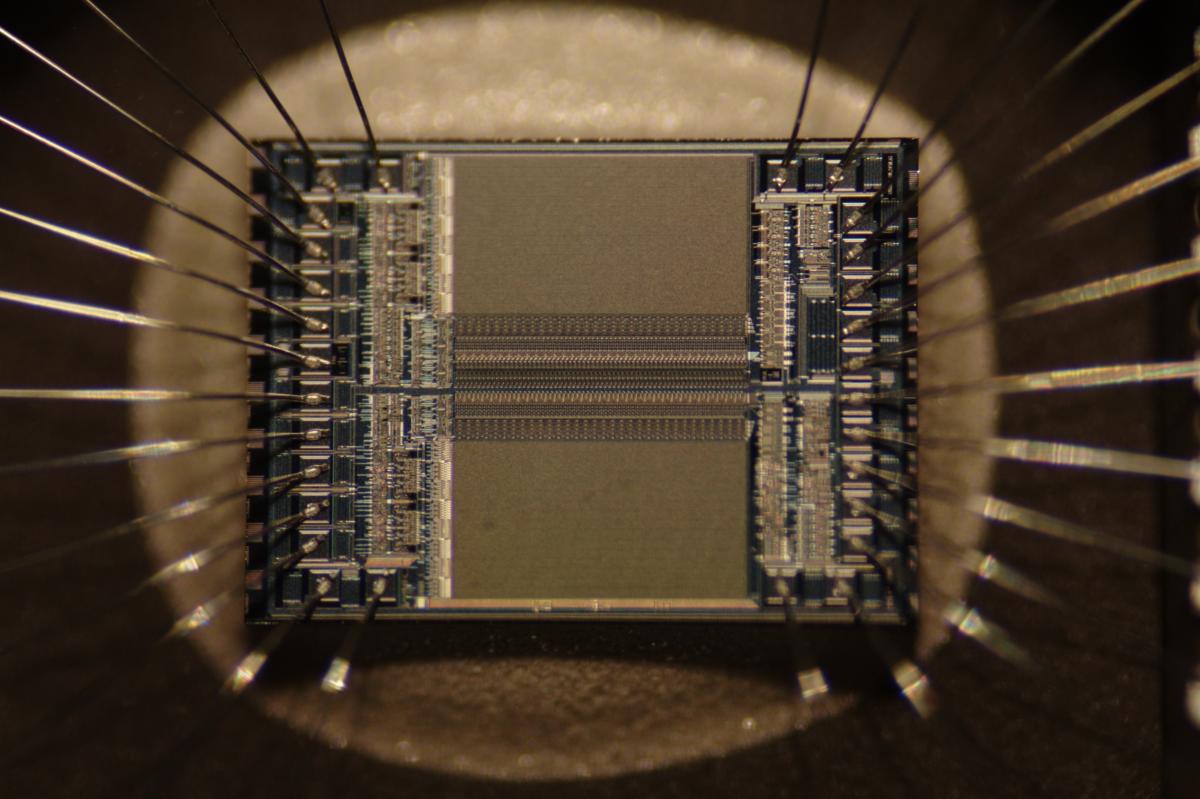 Computer scientists in Singapore and Germany have collaborated to create a resistive RAM chip that not only stores data but can act as a computer processor.
Computer scientists in Singapore and Germany have collaborated to create a resistive RAM chip that not only stores data but can act as a computer processor.
The breakthrough uses state-of-the-art memory chips known as Redox-based, resistive switching random access memory (ReRAM) and could lead to much faster and thinner mobile devices. Today’s computers must transfer data from the memory storage to the processor unit for computation, which along with slowing performance also requires more power.
“This is like having a long conversation with someone through a tiny translator, which is a time-consuming and effort-intensive process,” said Anupam Chattopadhyay, an assistant professor at Nanyang Technological University (NTU) in Singapore. “We are now able to increase the capacity of the translator, so it can process data more efficiently.”
While the new circuit saves time and energy by eliminating data transfers between disparate storage and processors, it can also boost the speed of processors found in laptops and mobile devices by at least two times or more, the researchers said.
By making the memory chip perform computing tasks, space can be saved by eliminating the processor, leading to thinner, smaller and lighter electronics. The discovery could also lead to new design possibilities for consumer electronics and wearable technology, the researcher said.
NTU researchers worked with others from Germany’s RWTH Aachen University and Forschungszentrum Juelich to create the new memory chips. Their research was published in the peer reviewed journal Scientific Reports.
Домой
United States
USA — IT Researchers create wild ReRAM memory chips that store data and act like...






